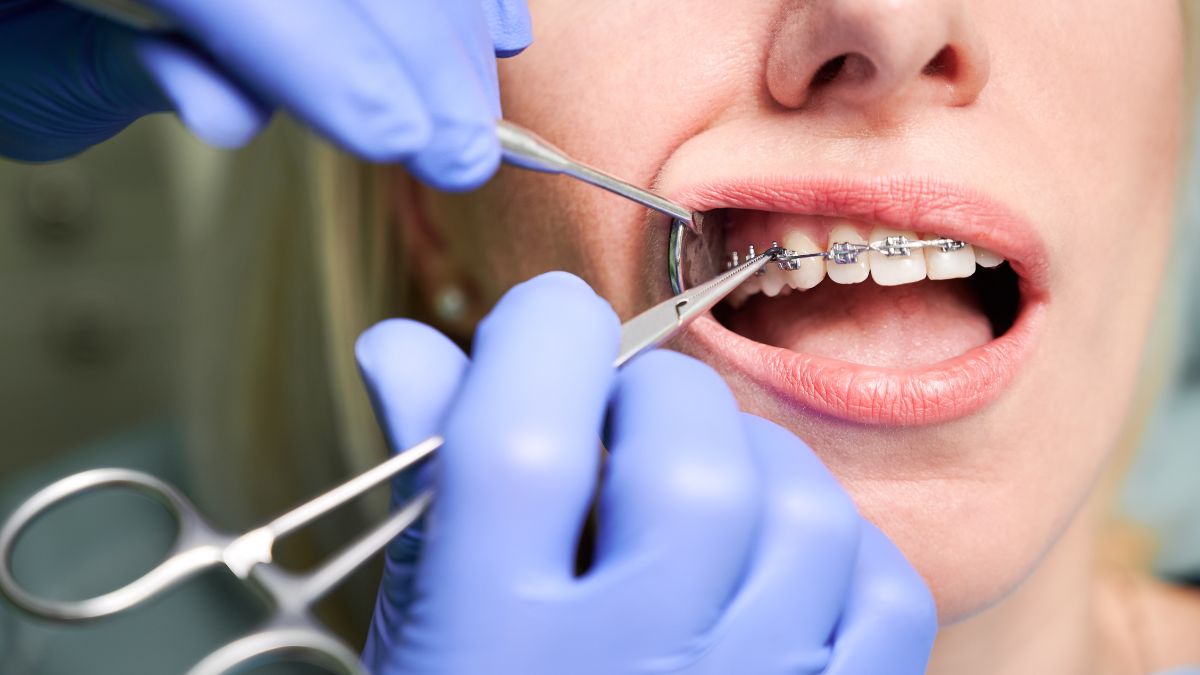Prosthodontist vs. Orthodontist vs. Dentist: What’s the Difference?
When it comes to oral health, understanding the different types of dental professionals can help you make more informed decisions about your care. You’ve likely heard of a dentist and an orthodontist, but what about a prosthodontist? While all three specialize in different aspects of oral health, they work together to help patients maintain a healthy, beautiful smile.
Here’s a breakdown of the key differences between a prosthodontist, orthodontist, and general dentist—and when you might need to see each one.
What Is a General Dentist?
A general dentist is your primary dental care provider. They diagnose, treat, and manage overall oral health needs, including:
- Regular cleanings and exams
- Fillings for cavities
- Tooth extractions
- Crowns and bridges
- Gum care
- Preventive care and oral hygiene education
Think of your general dentist as the first line of defense for your oral health. They help you maintain a healthy mouth and refer you to specialists—like prosthodontists or orthodontists—when more advanced care is needed.
What Is an Orthodontist?
An orthodontist is a dental specialist who focuses on diagnosing, preventing, and correcting misaligned teeth and jaws. This includes:
- Braces (metal, ceramic, or lingual)
- Invisalign and other clear aligners
- Treatment for overbites, underbites, and crossbites
- Jaw alignment correction
- Space maintainers or expanders for children
Orthodontists complete dental school and then go through two to three additional years of specialized training in orthodontics. If you or your child has crooked teeth or bite problems, an orthodontist is the right specialist to see.
What Is a Prosthodontist?
A prosthodontist is a specialist in restoring and replacing missing or damaged teeth. Their focus is on creating natural-looking, functional dental restorations such as:
- Dental implants
- Dentures (full or partial)
- Bridges
- Crowns
- Full mouth reconstruction
- Treatment of TMJ disorders
After completing dental school, prosthodontists undergo three additional years of training in prosthodontics. They often work closely with oral surgeons and general dentists to deliver complex restorative solutions—especially in cases involving multiple missing teeth or advanced cosmetic concerns.
When Should You See a Prosthodontist vs an Orthodontist or a General Dentist?
- Toothache or cavity: General Dentist
- Routine cleaning or check-up: General Dentist
- Crooked teeth or bite issues: Orthodontist
- Want braces or Invisalign: Orthodontist
- Missing teeth or implants: Prosthodontist
- Need dentures or full-mouth rehab: Prosthodontist
While general dentists, orthodontists, and prosthodontists all play essential roles in your oral health, they each have a unique focus:
- Dentists handle general care and maintenance
- Orthodontists straighten teeth and correct bite issues
- Prosthodontists restore missing or damaged teeth
At Outstanding Orthodontics, we’re proud to collaborate with general dentists and prosthodontists to help our patients achieve their best smiles. Contact us to schedule your free consultation and find out how we can help you or your child get a confident, healthy smile.





